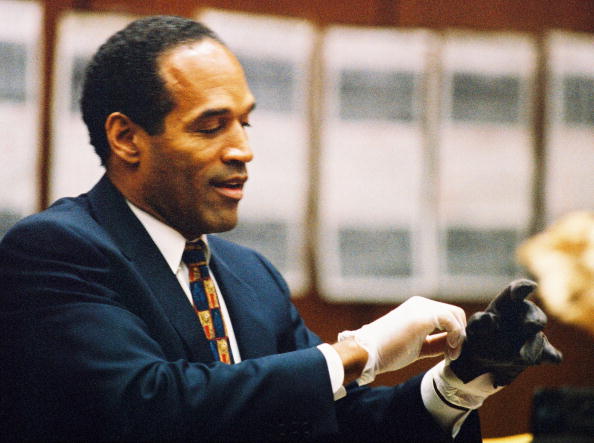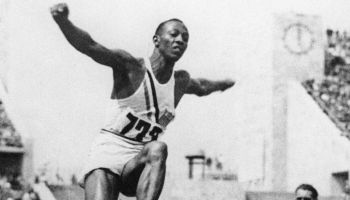Unpacking the immediate results of Barack Obama’s landslide victory is complicated work. A wave of jubilation has swept much of the nation; for the first time in my life, Americans spontaneously took to the streets to celebrate something other than a sports championship.
According to a USA Today poll published today, two-thirds of Americans-far more than the 53% who actually voted for Obama -describe themselves as “proud” and “optimistic.”
This optimism extends to the future of race relations. Among blacks, the number who believe America will “eventually” work out “relations” jumped to 67%, up from 50% five months ago.
It is impossible to overstate the significance of Obama’s win. Among other things, it is the first major political victory experienced (and largely wrought) by the hip-hop generation. Like the victories won by the previous generation-the passing of Roe v. Wade, the end of American involvement in Vietnam, the Civil Rights and Voting Rights Acts-it has the potential to galvanize us for years to come.
Our landmark experiences, until now, have largely been losses and setbacks: the Rodney King verdict, the Amadou Diallo shooting. Psychologically and emotionally, the memory of Obama’s victory will be something to store away for inspiration, for our children and ourselves.
And yet, the backlash we knew to expect is here too.
Obama’s win is already being trumpeted by conservatives as proof that racism is no longer an issue-or, as they would have it, an “excuse.” Before the electoral results were even tallied, William Bennett was spinning them ceaselessly on CNN; the next morning, the Manhattan Institute’s John McWhorter picked up the baton.
A friend of mine, a black academic, reports that no less than two middle-aged white men started conversations with him on an Amtrak ride from Ohio to Boston the morning after Election Day. Both of them advanced the theory that Obama’s election constituted proof of a new “post-racial” America.
Why, if it is so post-racial, they felt the need to talk to a black man about it, is unclear. One might also wonder why they both picked the best-dressed black man on the train to address their remarks to-and I feel certain they didn’t also strike up chats with any doo-ragged black teenagers.
Obama’s election presents us with a singular opportunity for progress, but it will have to happen not just on the level of spectacle (though the sight of the president-elect’s beautiful daughters walking across the Grant Park stage with their father, and the thought that these girls will be part of America’s new public face, was as moving as anything else about Tuesday night). Progress must also come on the level of policy.
More important than the symbolic renewal his presidency represents for a badly-diminished America is the question of what he will do to end the epic incarceration of black men, revamp an educational system that re-inscribes racial and economic disparities, and address institutional bias in all its insidious and well-quantified forms.
Certainly, Obama’s victory should make us optimistic, but we must also quickly return fire when the Bennetts and McWhorters of the world make use of it to further their project of obscuring structural racism.
And when giddy white liberals use it as an excuse to continue ignoring the realities of racism, we must be swift in explaining that nothing has yet been solved-and do our best to alchemize their excitement into a commitment to recognizing and fighting against institutional prejudice.
But even the ‘post-race’ backlash presents possibilities.
Professional talking heads like Bennett and McWhorter are simply continuing to do what they do, but for rank-and-file whites to strike up conversations about racism-or even the alleged vanishing thereof-is something new. For this sentiment to be aired publicly, whether it is long-held or newly acquired, is a good thing.
It may not be intended to incite dialogue, much less disagreement, but it does offer an opportunity for an empirical response: No, Obama’s election is not proof that racism is over, and here’s why. Given the tremendous atmosphere of goodwill now suffusing the country, it is a conversation that might actually get somewhere.
Watch Bill Bennett spin Obama’s victory on CNN:
Adam Mansbach is the author of the novels The End of the Jews and Angry Black White Boy. He is the New Voices Professor of Fiction at Rutgers University.
















